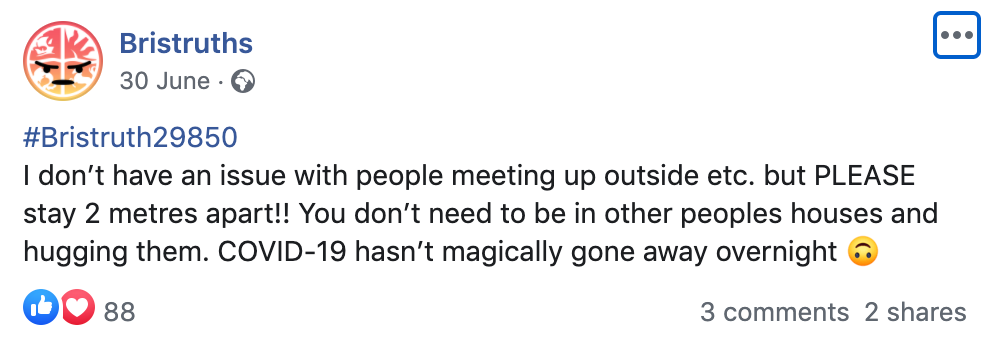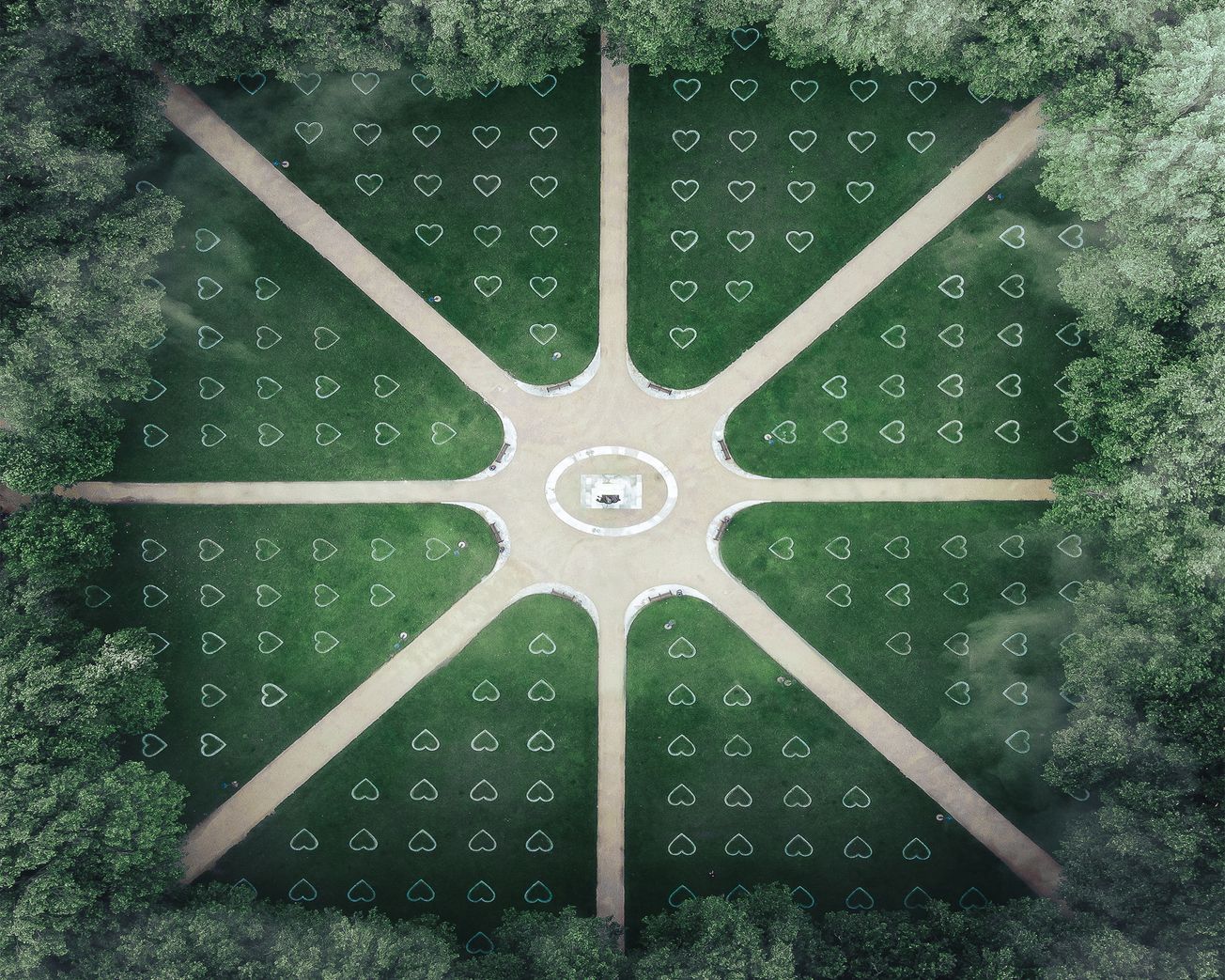By Caitlin Palmer O’Shaughnessy, First Year Social Policy and Sociology
From academics, to societies, to nights out, COVID-19 has been wildly disruptive for Universities. With the new term looming, returning students are faced with two options: stay safe and social distance, or live life like before, as if coronavirus didn’t exist.
Imagine a day in the life of a typical Bristol student. You’d most likely begin with lectures or seminars surrounded by course mates, followed by lunch with friends, then perhaps a sports match or society event, ending the day with an evening of socialising.
On just a typical day, this student would be in close contact with hundreds of other students, who would then be in contact with hundreds of other students. The point I’m trying to make is that student life is intrinsically anti- social-distancing.
Student life is intrinsically anti- social-distancing
Of course, we could amend the aspects of student life that present an issue. In fact, teaching will mostly be online this year, halls are being redesigned to conform to the government’s ‘bubble’ system and societies are looking at how to continue online.
Nevertheless, it still remains impossible to completely regulate student life.
The majority of Bristol students live in private accommodation and, as a result, the University has no control over whether or not these students social distance.
The University can suggest guidelines, but when young people are one of the groups least affected by Covid-19, I can’t really envisage students changing their fundamental nature for something they cannot see the effects of.

One of many ideas being thrown around as Universities prepare for autumn is that the University’s whole student population could form one giant bubble.
As a student community, our contact with Bristol inhabitants is minimal: we have cafes and a gym on campus, and a bar in the SU – so supposedly, with alterations, any interaction outside of the student bubble would be unnecessary.
However, I can’t really see this becoming a viable way of living, neither for Bristol students nor Bristol inhabitants.
Whilst not University owned, certain student hotspots in Bristol rely massively on students in order to create jobs and an income for their business. So, by creating a University bubble, we would be wreaking havoc on certain aspects of Bristol’s economy.
A bubble including only University run facilities would also disproportionately affect students who are less well-off and who rely on part-time jobs in order to live.
The pool of available jobs is already shrinking, with companies such as Marks and Spencer’s, Pret A Manger and Bella Italia rapidly cutting staff. To further limit the jobs available by massively restricting companies that students can work for leaves many students financially insecure.
This then presents the injustice of University experience based on a student's wealth.
Do we expect those less wealthy students, who rely on jobs, to do nothing but study and work in order to adhere to social distancing rules, whilst wealthier students get to enjoy the ‘classic’ University experience? (Although some may argue that this is what University is like for many, regardless of Covid-19).
The only possible way I can see the concept of a University wide bubble succeeding would be if the University were to create enough student jobs and expand resources enough so that students wouldn’t feel the need to step out into the wider community.
We must continue social-distancing in order to protect those we interact with outside of our student community
However, despite the fact this is almost impossible to do – as it would require years of building work and upheaval to the University’s economic system – it also fails to present a long-term solution.
As soon as Christmas comes around and the overwhelming majority of students head home, they risk infecting anyone they come into contact with outside of the University bubble.
A recent SAGE report noted that students returning home at the end of term could act as ‘amplifiers’ of coronavirus, posing more of a risk than students returning to University at the start of term.
As far as I can see this leaves students with one answer. We must continue social-distancing in order to protect those we interact with outside of our student community, whether that is Bristol inhabitants or family members from home.
By going against social distancing, we would be unfairly risking the health of others.
Whilst this may sound bleak, it’s important to put things into perspective: you can give up clubbing for a couple of months so that others can go about their life without worrying incessantly about their health.
Another question to consider is: how much of what we deem ‘classic’ student life can continue whilst adhering to social distancing rules? The answer is probably quite a lot.
Freshers Fair to be hosted virtually as SU announces Welcome 2020 plans
We’ll still be able to see our friends, go out to cafes and go to the pub, just on a slightly smaller scale.
Perhaps we should view the upcoming term as a chance to see what the positives of a socially-distanced student lifestyle will be. We may be surprised by the outcome.
Featured: Dan Hodge Photography
Will you be maintaining social-distancing when you return to Bristol?









